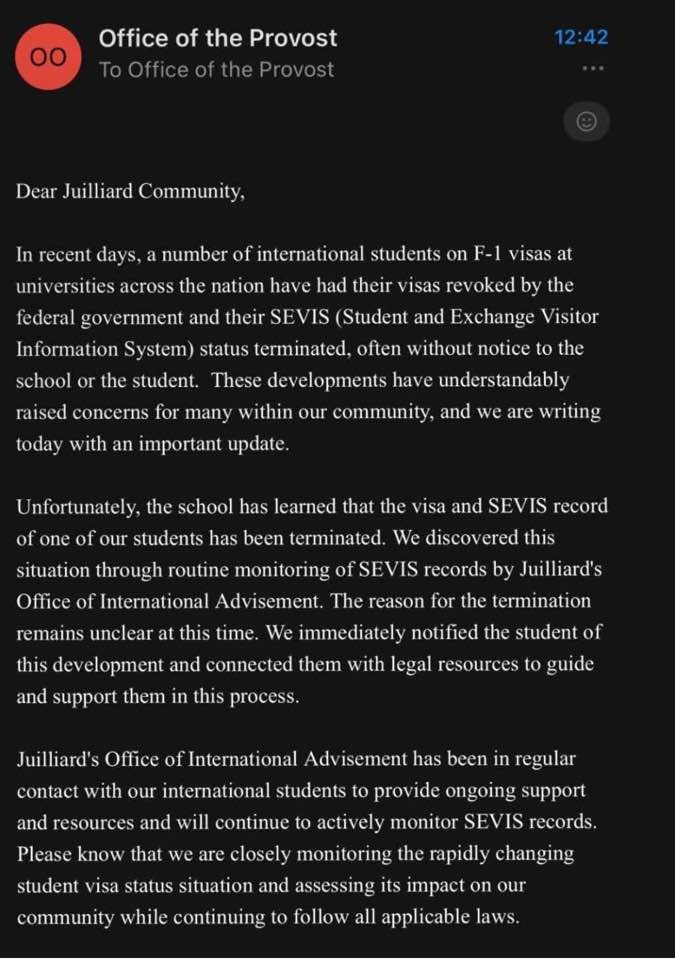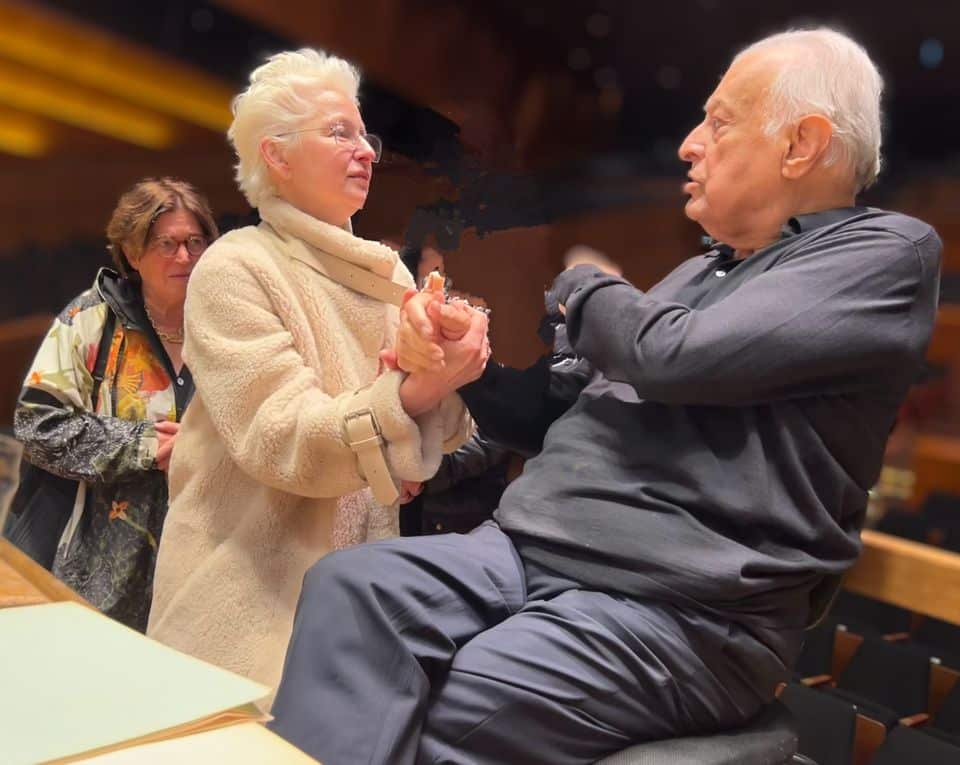Winchester Cathedral denies it broke Church rules
NewsWe reported on Friday that Winchester Cathedral has hastily appointed Andrew Lucas as Interim Director of Music, replacing the ousted Andrew Lumsden who is leaving at the end of July. Lucas, a credible candidate, has been Master of the Music at St Albans Cathedral since 1998.
However, only one candidate was shortlisted and interviewed in apparent contravention of the CofE’s Safer Recruitment policy (relevant paras below) and no musician was on the selection panel.
UPDATE: David Hill, music director of the Bach Choir, tweets: The decision by @WinCathedral to appoint a person, about to retire, in place of a person who was promised it and then removed is deeply bewildering as it is disgracefully insulting. Ironically they have the same initials. Wishing the new AL good luck in avoiding bullying!
We have now received a partial denial from Canon Alison Evans, COO of Winchester Cathedral. Canon Evans writes:
In the interest of transparency, we have provided further information so you are aware of the facts around the appointment.
False statement: “However, only one candidate was shortlisted and interviewed in apparent contravention of the CofE’s Safer Recruitment policy (relevant paras below) and no musician was on the selection panel.”
Facts:
There were a total of nine applicants, from which three candidates were shortlisted and interviewed based on clear proof and experience of their musicianship and leadership of cathedral music on their CV.
The recent recruitment process, which led to the appointment of Andrew Lucas as Interim Director of Music, was conducted in adherence to the Church of England’s Safer Recruitment policy. The fact that Andrew Lucas, as an esteemed and experienced Cathedral musician and Director of Music, was selected is a testament to the robustness of this process, which was overseen and recorded by the Cathedral’s HR.
The role specification, against which all applicants were assessed, was meticulously crafted with the input of experienced Cathedral musicians. The essential criteria included being a fellow of the Royal College of Organists, or equivalent, and having significant experience in leading Cathedral music. This ensured that only the highest calibre musicians were considered for the role.
The interviews were held with a panel of three people from Winchester Cathedral who were all safer recruitment trained and had the relevant expertise to interview and assess the candidate’s competence for the role.
The Winchester Cathedral’s Recruitment Policy follows the Church of England Safer Recruitment guidelines, it does not specify whether interviews are held online or face to face. The scope of the guidance referred to in your article says “This guidance is intended to sit alongside and work in conjunction with Human Resources (HR) policies and procedures that may already be in place within the Church body, (whether at a parish, diocesan or NCI level).” – Scope of the Safer Recruitment and People Management Guidance | The Church of England. When considering a pool of applicants, including some who are living overseas, we sometimes use online interviews, supplemented by robust employment and safeguarding checks to ensure that the appropriate safe-guarding assessments have taken place and to verify the identity of the individual.
Following the process, all candidates were invited to contact the Cathedral for feedback if they wished to do so.
Canon Evans fails to address two significant criticisms – that the post was not properly adverstised and that no musician was present on the selection panel. Nor does it address gthe most signific ant shortcoming – that non-disclosure agreements (NDAs) were applied to dismissed staff, including the director of music, in direct contravention of the Archbishop of Canterbury’s instruc tions.
The situation at Winchester is far from sunny.
Here are the clauses referred to above:






Comments